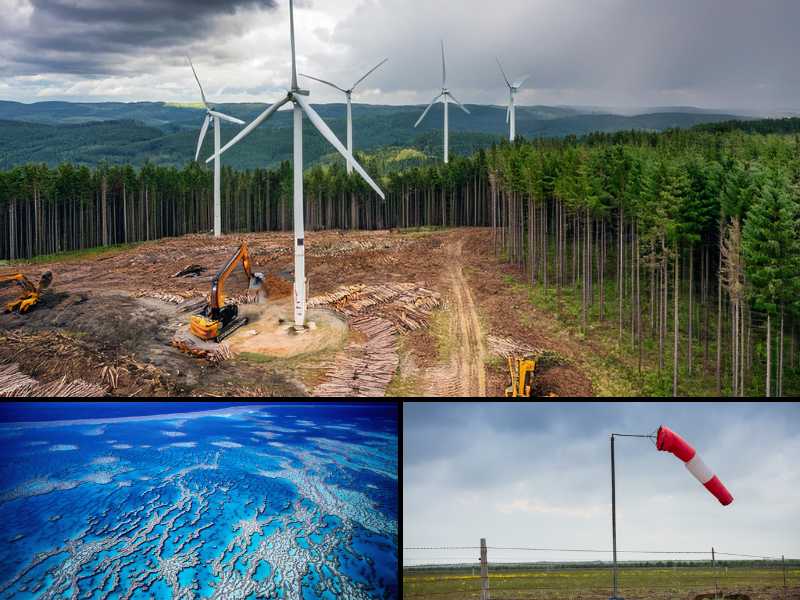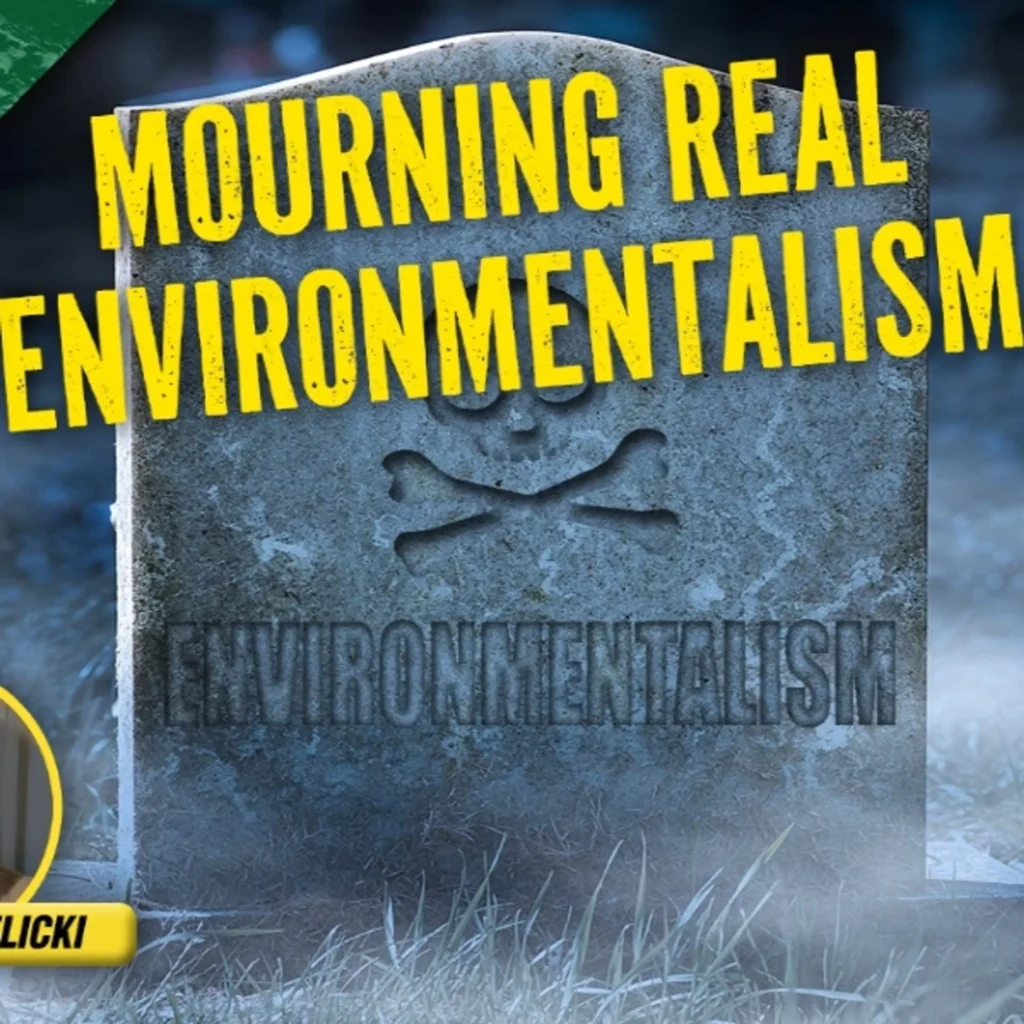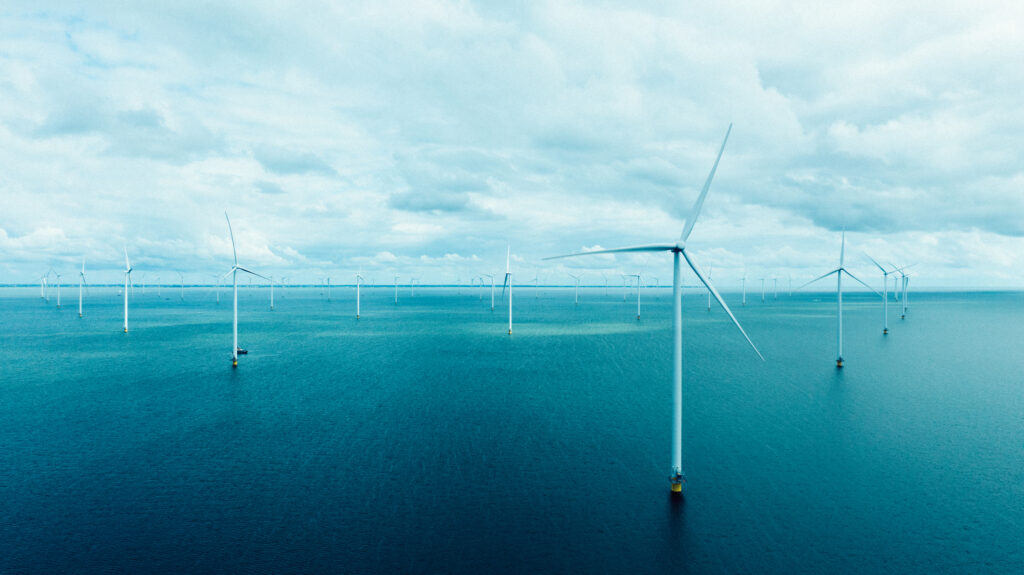President Donald Trump has made a concerted effort to roll back many climate regulations he says are hampering job creation and energy independence, but activists and courts are fighting back.
In addition to his June decision to exit the Paris Climate Agreement, Trump’s March 28 executive order on Promoting Energy Independence and Economic Growth directed the U.S. Environmental Protection Agency (EPA) to review, with a view toward rescinding, its Clean Power Plan rules limiting emissions of greenhouse gases from new and existing power plants; revoked executive orders and presidential memoranda requiring agencies and departments to account for and prepare for climate change; and withdrew the Obama administration’s social cost of carbon estimates and guidance, decreeing these calculations should no longer be used in making regulatory decisions.
Courts Blocking Change
In two recent cases, federal courts have overridden these deregulatory efforts.
In mid-August, Judge Donald Molloy of the U.S. District Court for the District of Montana ruled the Office of Surface Mining Reclamation and Enforcement (OSMRE) should have used the Obama administration’s social cost of carbon (SCC) calculation, withdrawn by Trump, to estimate whether the benefits of expanding the Bull Mountains Mine No. 1, about 30 miles north of Billings, Montana, outweighed the costs of the extra carbon dioxide emissions from the expanded mine’s operations, before approving the expansion.
The OSMRE had estimated expansion of the mine would result in an additional 23.16 million metric tons of greenhouse gas emissions over nine years, but it did not monetize the costs of those emissions.
In a second case, on August 22, a three-person panel of the U.S. Court of Appeals for the District of Columbia found the Federal Energy Regulatory Commission (FERC) should have quantified the greenhouse gas emissions that would arise from the eventual burning of natural gas to be shipped through the Sabal Trail pipeline project through Georgia and Alabama for use in Florida, before approving the project.
FERC had previously said SCC estimates were too speculative for planning purposes. The court did not require FERC to monetize the alleged cost of carbon emissions made possible by the pipeline expansion, but it did require the agency to tabulate the expected emissions or explain why it could not.
Delay and Raise Costs
Myron Ebell, director of the Competitive Enterprise Institute’s (CEI) Center for Energy and Environment, said the purpose of these lawsuits was not to overturn Trump’s decisions but to delay the projects in order to raise their costs in hopes of forcing the companies to cancel them.
“Elections have consequences, and the environmental community is still having a hard time coming to terms with the results of the last election,” said Ebell. “The purpose of a lot of litigation is not to win but to delay and raise the costs of the projects.
“While the Clean Power Plan is basically dead and I’m not too concerned with obstacles in the path of Trump’s deregulatory efforts, we have to make sure EPA and officials in the White House keep paying attention and moving in the right direction,” Ebell said. “Real reform will take time and ongoing effort.”
Judicial Activism, Uncertainty
Climate scientist Patrick Michaels, director of the Center for the Study of Science at the Cato Institute, says the courts’ actions to constrain Trump ignore the constitutional separation of powers among branches of government.
“What we have here is judicial activism,” said Michaels. “If what the courts are trying to do ever works its way up to the Supreme Court, it will likely throw out the decision of the lower-ranking judges.
“Still, we really don’t know what the ultimate results will be,” Michaels said.
Political Tool
Kevin Dayaratna, a senior statistician and research programmer at The Heritage Foundation’s Center for Data Analysis, says SCC is a political device, not an economic measurement, and as a result courts’ efforts to force executive agencies to use it to account for harms from greenhouse gas emissions will not produce useful information.
“The problem with social cost of carbon models is they are open to politically motivated manipulation by the user, with model outputs dependent on assumptions concerning the costs of climate change built into them,” Dayaratna said. “Political appointees and bureaucrats can input whatever assumptions produce the results necessary to support their particular policy agenda.
“The tools for estimated social cost of carbon are not reliable enough, lacking the robustness necessary for their legitimate use in shaping regulatory policy,” said Dayaratna.
Dayaratna says he agrees with Ebell’s observation environmentalists are attempting to use sympathetic jurists to delay or weaken Trump’s deregulatory efforts.
“Environmental lobbyists are using the courts to make this as lengthy and painful as possible,” said Dayaratna. “As these cases work though the court system, it will show, at the end of the day, EPA will have to reopen consideration of the endangerment finding.”
‘Select the Right Judges’
Regardless of whether the Trump administration reverses the endangerment finding that greenhouse gas emissions pose a threat to human health and the environment, a move Ebell says he supports, Ebell pins his hopes for long-term regulatory reform on a shift in the judiciary.
“My hope is President Trump has the opportunity to select the right judges so once we have better judges, we’ll have better decisions over the long term,” said Ebell.
Veronica Harrison ([email protected]) is marketing director at The Heartland Institute.




